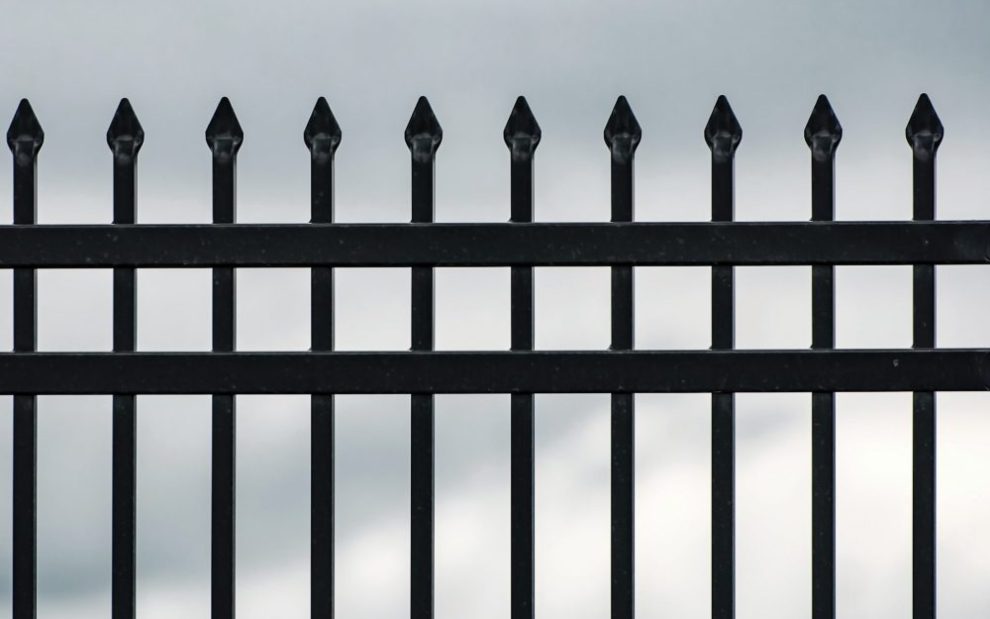I am a proud dog mama of a 50-pound poodle and a 35-pound sheepadoodle. While scrolling through my pup-filled social media feed a few weeks ago, I saw an interesting reel. A couple of dogs were viciously barking at each other on opposite sides of a fence. While the dogs barked and lunged, the automatic fence started sliding open until, suddenly, there was no more barrier between them. They looked stricken, stared at each other with nothing to keep them apart, then relaxed and stopped barking.
Dog behaviorists have given different explanations for scenarios such as this. One possible explanation is that dogs bark because they’re territorial or afraid. Barking is a form of bluster, because the fence gives the dogs a way out. They can act tough while knowing they are protected by the fence. This scenario is analogous to people fighting in a bar but being physically restrained by their friends. People are more likely to be aggressive and vicious when they know there’s distance and separation between them and the person they’re afraid of.
In Jesus’ time, just like today, people were generally afraid of certain groups: the sick, the “sinner,” the stranger. To protect “their” people from the unknown, social and religious authorities created a series of rules and regulations that allowed them to control when and to what extent people had to interact with these groups. People suffering from leprosy, for instance, were thrown out of the city. Those considered sinners were excluded and marginalized. Strangers and those from different ethnic groups or tribes were considered less than. Jesus turned all of that around, reminding us that separation and exclusion are not the fulfillments of the law. Rather, that is love: radically inclusive love.
The type of love that is the fulfillment of the law is not a love “from the teeth out.” It is a love that allows itself to get close to the stranger, the “sinner,” the marginalized, the unknown. It is a love that gets rid of fences and fear and replaces all of that with proximity, tenderness, friendship, and unconditional accompaniment. It recognizes that our own salvation depends on the person we love the least.
A few years ago, I represented a transgender woman from Guatemala—I will call her Andrea—in her ongoing asylum case. Andrea had been persecuted, harassed, and hated her entire life because of her gender identity, which was apparent, because she never had the means to fully transition. She had carried so much more than any one of us could ever bear.
On the day of her asylum interview, she was visibly nervous. To take her mind off of things, I asked her how her drive was. She started singing a song that had been playing on the radio. I instantly felt a lump in my throat: She was singing one of my favorite religious songs. One that made me cry many, many times in my youth ministry days. For the first time since I met Andrea, I realized she was Catholic.
After the interview, I sat in my car and cried inconsolably thinking about Andrea’s unbreakable faith and how, if she were to walk into almost any Catholic parish, she would immediately be stared at, judged, and maybe even attacked by others who don’t know her.
I have not seen Andrea since, but whenever I do LGBTQ ministry work, I think of her. My prayer is this: May we never use our Catholic faith as a fence to keep others out or to shield ourselves while attacking others. It is our job and mission to create radically inclusive spaces in our parishes where those we love and know the least turn into those we love and appreciate the most.
This article also appears in the April 2023 issue of U.S. Catholic (Vol. 88, No. 4, page 9). Click here to subscribe to the magazine.
Image: Unsplash/Jake Nackos
















Add comment